Static Batching System: Investment Analysis and Installation Best Practices
1. System Pricing Structure
Static batching systems represent a significant investment in production infrastructure, with costs influenced by multiple technical and operational factors.
1.1 Primary Cost Determinants
- Base System Configuration
Foundation systems (2-4 ingredient stations): ¥80,000-150,000
Intermediate systems (6-8 stations): ¥180,000-300,000
Advanced systems (10+ stations): ¥350,000-500,000 - Precision Engineering Requirements
Standard precision (±0.5%): Baseline configuration
High precision (±0.2%): 20-30% cost increase
Ultra precision (±0.1%): 40-50% additional investment - Control System Sophistication
Manual/Semi-automatic: Entry-level pricing
Fully automated: 25-40% premium
Advanced PLC with recipe management: Additional 15-25%
2. Critical Installation Considerations
Proper installation is paramount for achieving specified performance metrics and ensuring long-term reliability.
2.1 Site Preparation Requirements
Foundation and Structural Support
- Reinforced concrete foundation capable of supporting 1.5x system weight
- Vibration isolation measures for precision weighing components
- Level installation surface with tolerance ≤ ±3mm across full footprint
Environmental Conditions
- Temperature control: 15-30°C operating environment
- Humidity management: Maintain 30-60% RH to prevent condensation
- Dust control: ISO Class 8 cleanroom equivalent for precision applications
2.2 Mechanical Installation Protocols
Weighing System Installation
- Load cell alignment with ±0.5° angular tolerance
- Isolation from external vibration sources
- Protection against thermal expansion effects
Material Handling Components
- Hopper alignment and sealing integrity verification
- Discharge valve calibration and leak testing
- Conveyance system interface coordination
2.3 Electrical and Control System Integration
Power Distribution Requirements
- Dedicated power circuits with appropriate voltage stabilization
- Proper grounding: Resistance ≤ 1 ohm
- Surge protection for control system components
Control System Implementation
- PLC installation with EMI/RFI shielding
- Sensor calibration and signal verification
- Network integration and data communication setup
2.4 Commissioning and Verification
Pre-Operational Checks
- Mechanical component alignment verification
- Electrical system safety certification
- Control system functional testing
Performance Validation
- Weighing system calibration against certified standards
- Material flow rate verification
- Recipe accuracy confirmation through test batches
3. Installation Timeline and Resource Planning
3.1 Project Phasing
- Week 1: Site preparation and foundation work
- Week 2-3: Mechanical installation and electrical rough-in
- Week 4: Control system integration and preliminary testing
- Week 5: Commissioning and operator training
3.2 Resource Requirements
- Certified installation technicians: 2-3 personnel
- Electrical specialists: 1-2 certified electricians
- Commissioning engineers: 1-2 system experts
- Client operations team: 2-3 trained operators
4. Post-Installation Considerations
4.1 Performance Optimization
- 30-day system performance monitoring period
- Fine-tuning of operational parameters
- Optimization of recipe sequences
4.2 Maintenance Protocol Establishment
- Preventive maintenance schedule implementation
- Spare parts inventory planning
- Operator maintenance training completion
5. Yuhang Technology Installation Services
Our comprehensive installation support includes:
5.1 Professional Services
- Site assessment and preparation guidance
- Turnkey installation management
- System commissioning and performance verification
- Operator training and documentation
5.2 Quality Assurance
- Installation compliance with manufacturer specifications
- Performance guarantee certification
- 12-month installation warranty
6. Conclusion
The successful implementation of a static batching system requires careful consideration of both financial investment and technical installation requirements. Proper planning, professional installation, and thorough commissioning are essential for achieving optimal system performance and return on investment.
Prospective investors should account for both the initial capital expenditure and the necessary installation resources when budgeting for static batching system implementation.

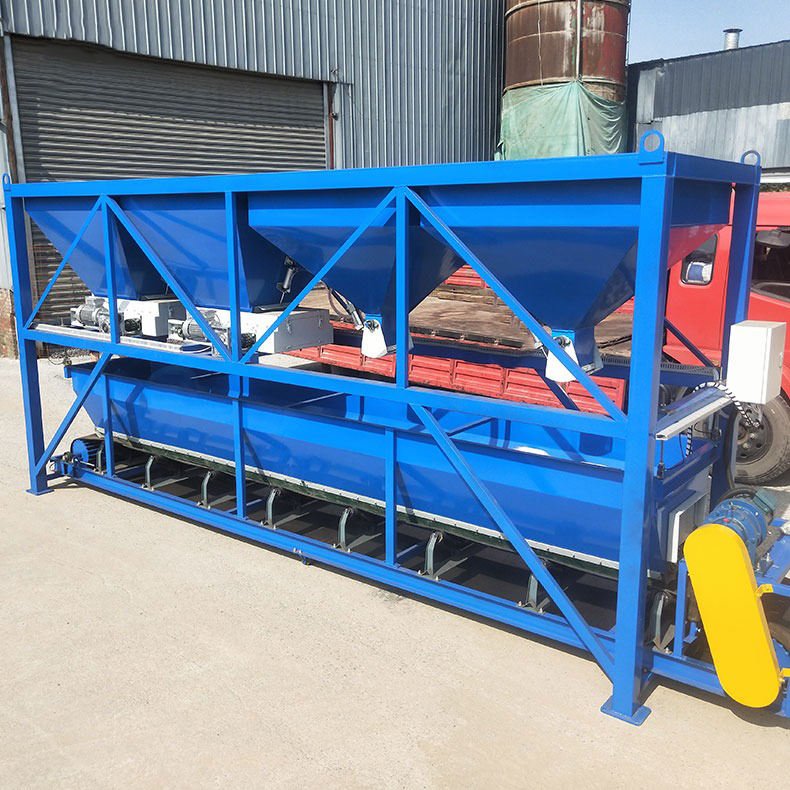
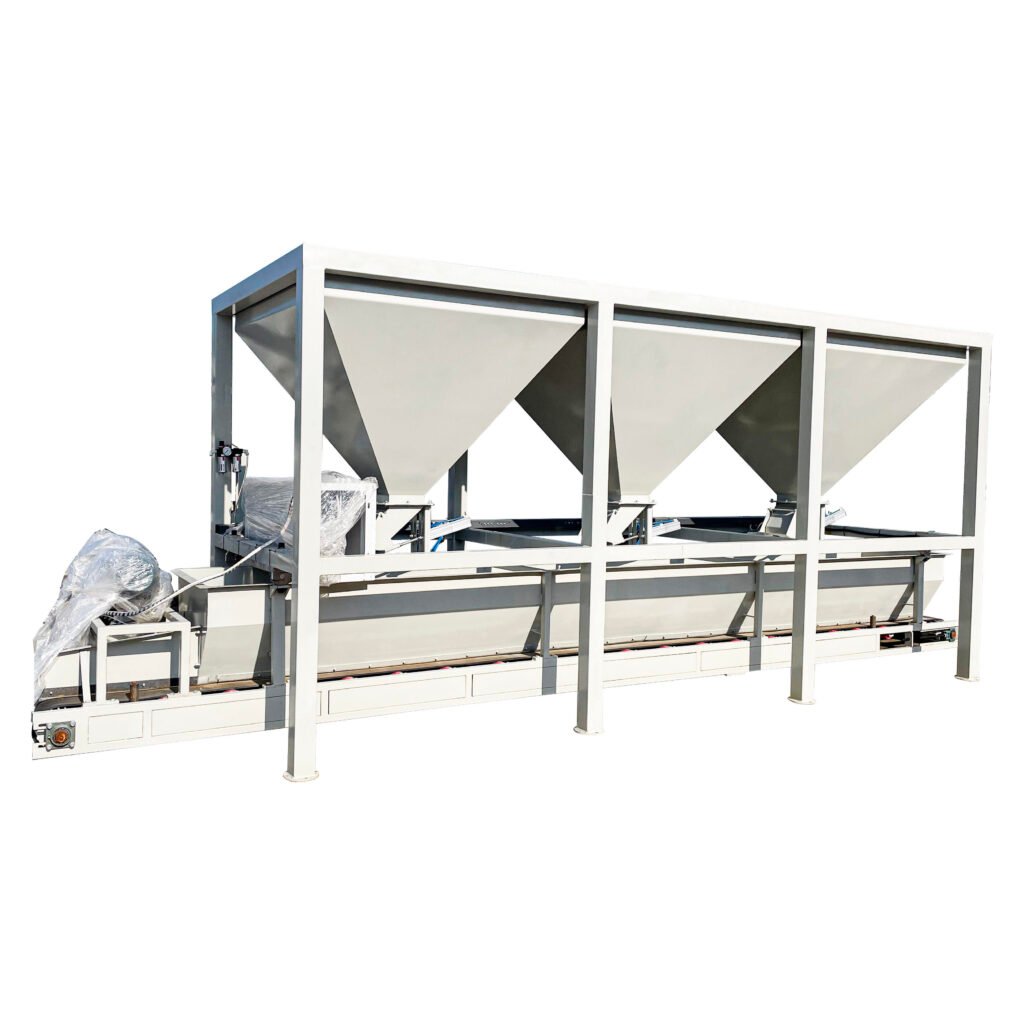
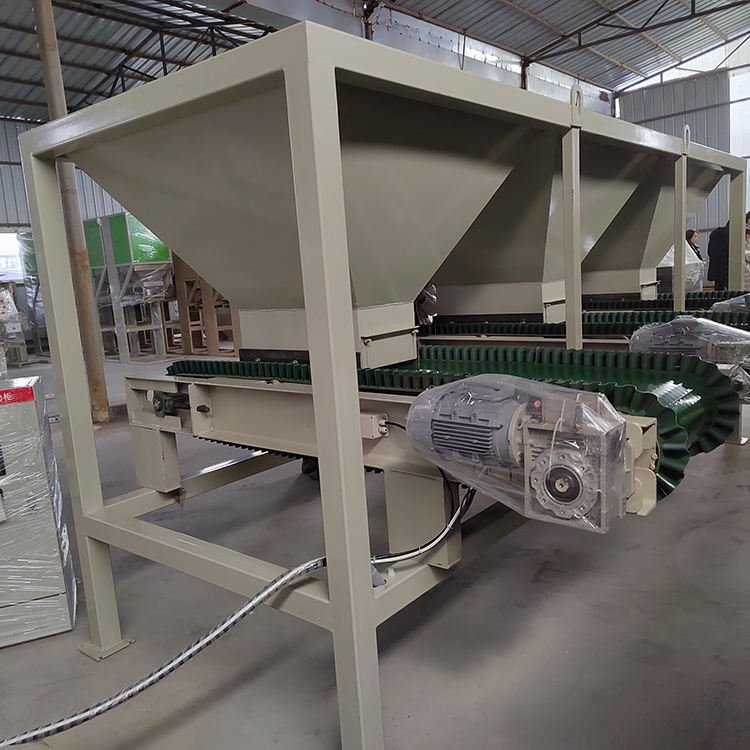
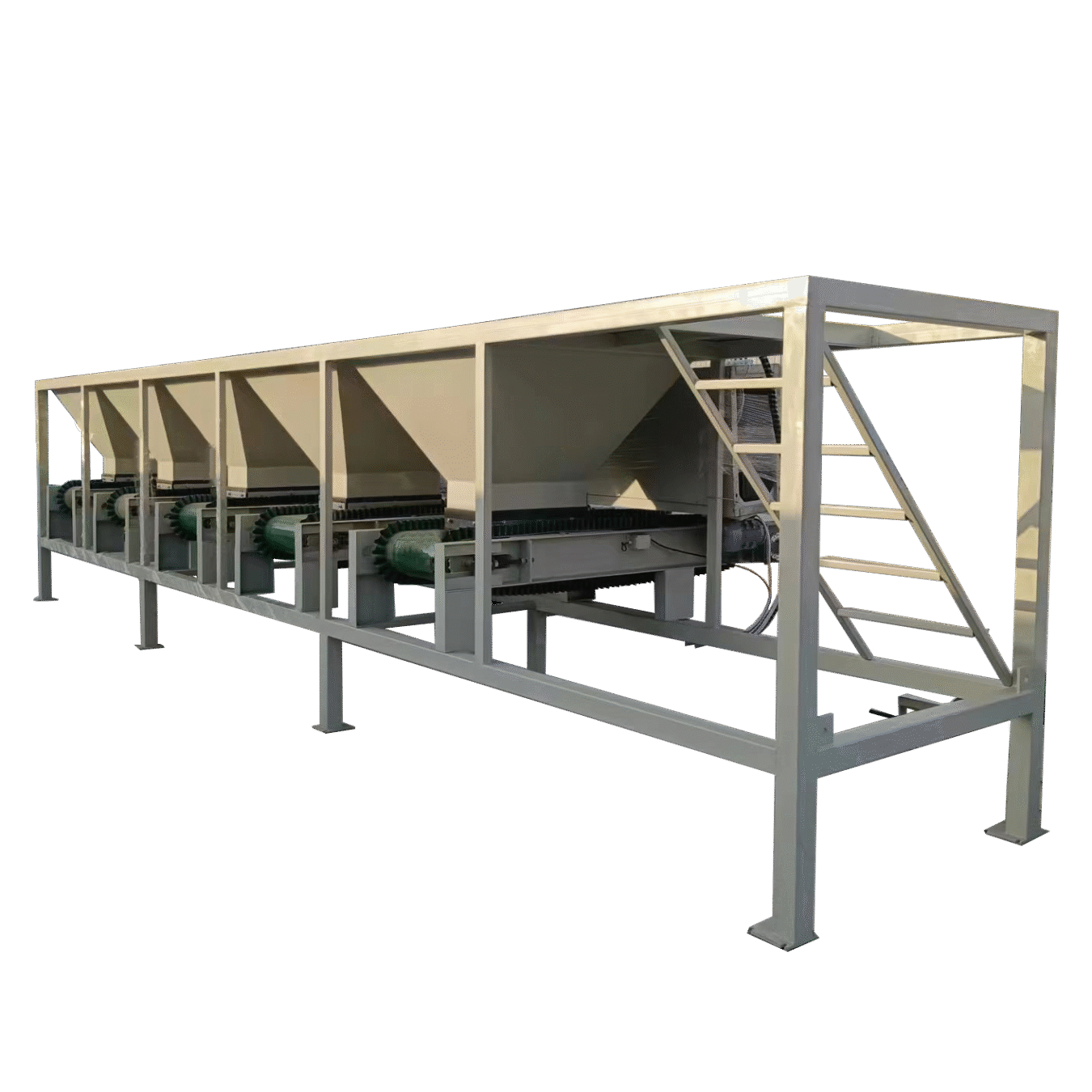
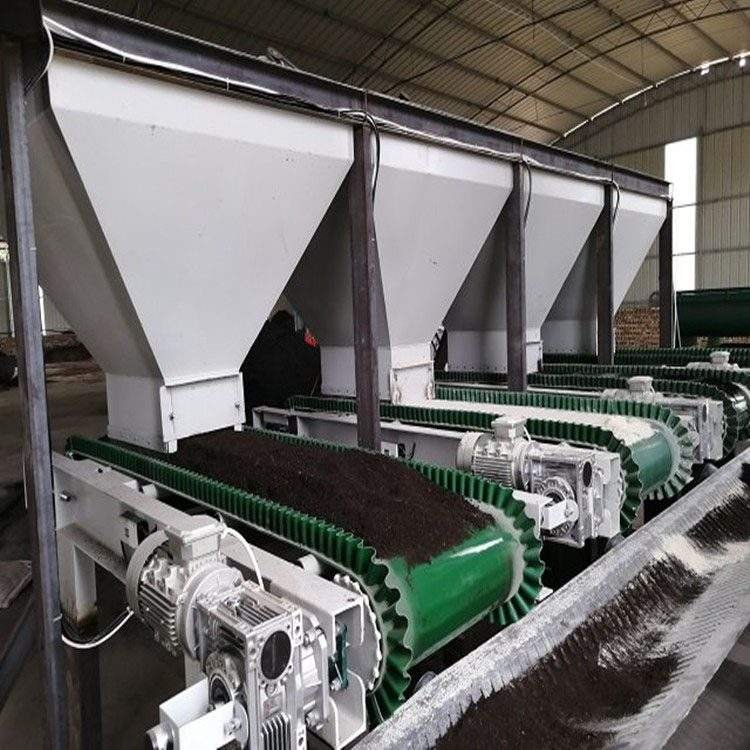
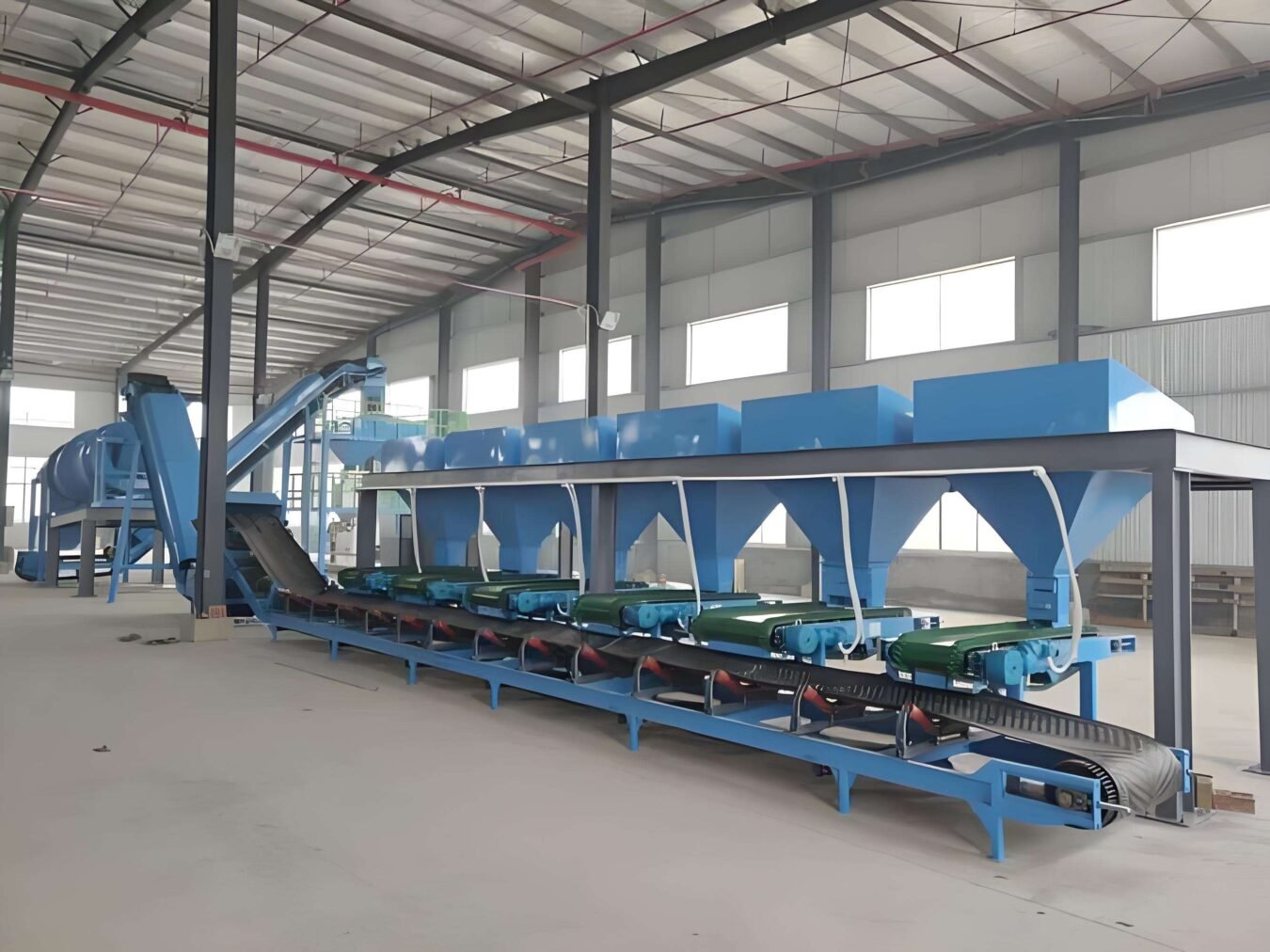
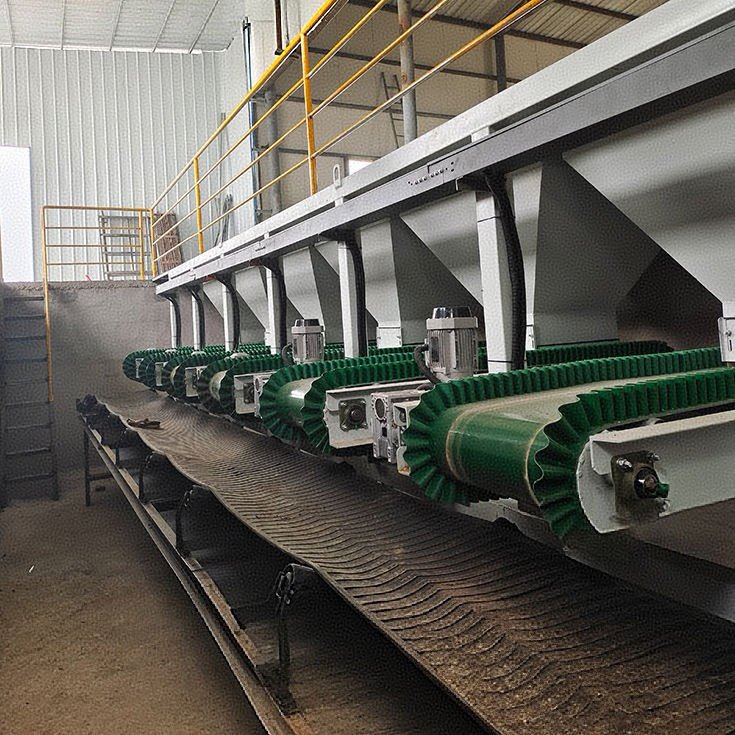
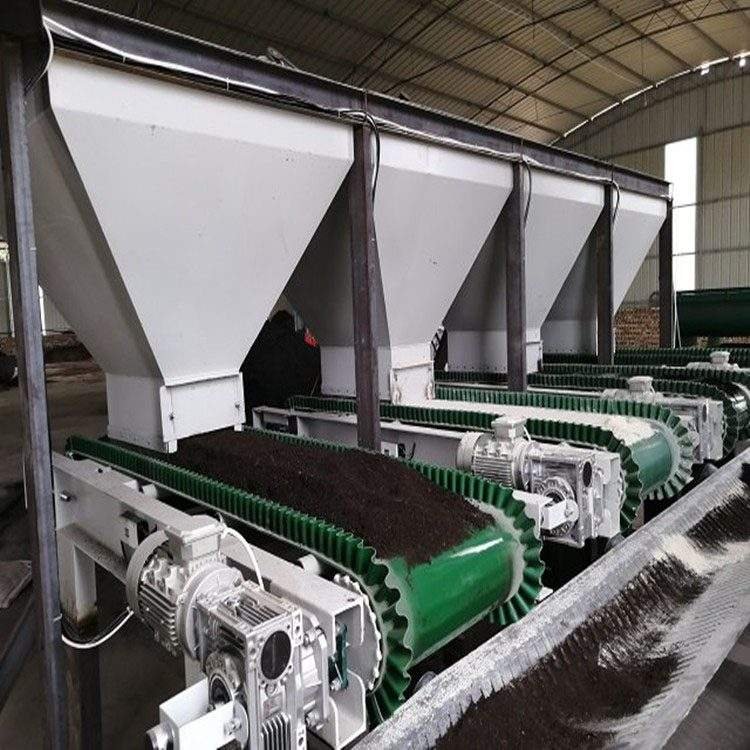
Leave a Comment
Your email address will not be published. Required fields are marked *